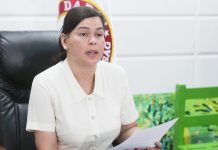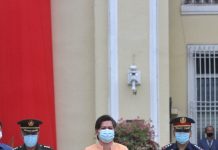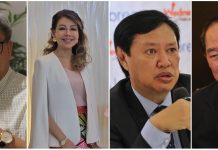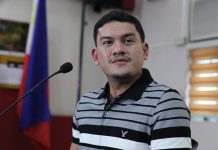The alarming issue on climate change has stirred everyone’s concern for the environment.
With this, the continuing environmental conservation projects of the World Bank funded Mindanao Rural Development Program (MRDP) pushes for stronger local communities’ participation by putting them at the forefront of projects implementation.
The Natural Resources Management (NRM) component of MRDP is now using revised community-driven development approach in all its environment projects.
Covering the uplands, lowlands and coastal areas, NRM mainstreams the protection and conservation of the environment noting that activities in the uplands have a downstream impact in the coastal areas.
Through CDD procedures, members of people organizations will be capacitated to procure, implement and manage the projects entrusted to them.
“This (CDD procurement) process will contribute to a substantial improvement in implementation and fiduciary management of subprojects by shortening the approval processes and such will fast-track acquisition of needed inputs and delivery of services while clearly delineating accountability, enhance transparency and community accountability, “ said program director Lealyn A. Ramos.
Ramos said the harmonized procurement manual will guide the local government units and POs in procuring works, goods and services.
CDD approach is pilot-tested in Gigaquit, Surigao del Norte, one of the program’s year-two covered NRM towns. Gigaquit town will implement a P7 million worth of projects that include a 10-kilometer river bank stabilization of Ba-oy river, 50-hectare mangrove rehabilitation, 46-hectare fish sanctuary and upland agro-reforestation benefiting the Mamanwa tribe.
Aside from the environmental conservation projects, CDD procedures will also be used in the program’s Community Fund for Agricultural Development (CFAD) component.
CFAD, the livelihood component of the program, aims to improve incomes of small farmers and fisherfolk by forming among them agri-based entrepreneurs.
To date, about P87.01 million worth of various agri-based livelihoods were created benefiting mostly women and indigenous peoples.
MRDP is a long-term poverty alleviation program of the Department of Agriculture jointly funded by the World Bank, the national and local governments. [Sherwin B. Manual/DAMRDP]






